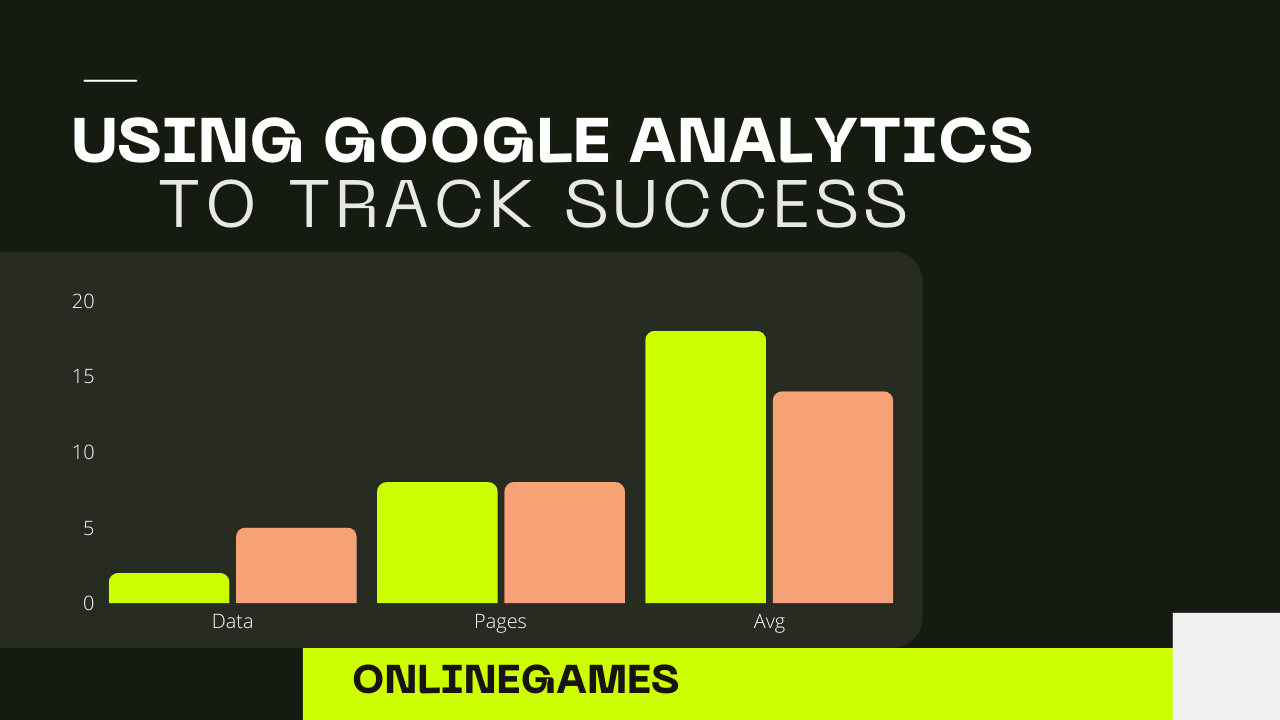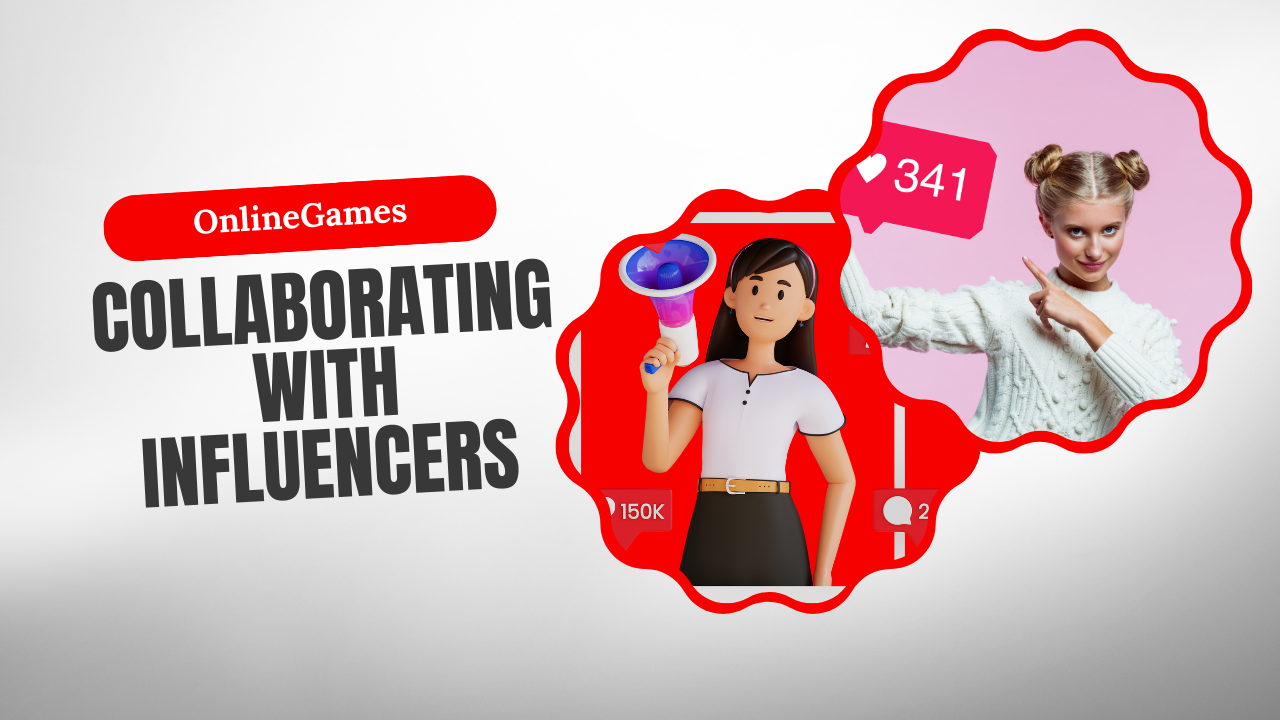Selecting the appropriate social media platforms is crucial for businesses aiming to maximize their online presence and effectively engage with their target audience. With numerous platforms available, each catering to different demographics and content types, strategic platform selection is essential to achieving your marketing goals. This article explores key considerations and factors to help businesses choose the right social media platforms.
Understanding Platform Demographics and Audience
Facebook remains the largest social media platform globally, with a diverse user base spanning various demographics. It is ideal for businesses aiming to reach a broad audience, including both B2C and B2B sectors. Features like Facebook Pages, Groups, and targeted advertising options make it versatile for promoting products, sharing content, and engaging with customers.
Instagram is popular among younger demographics and visually oriented businesses. Known for its emphasis on high-quality images and videos, Instagram is suitable for industries such as fashion, beauty, travel, and food. Businesses can leverage features like Instagram Stories, IGTV, and influencer partnerships to showcase products and build a visually appealing brand identity.
Twitter is characterized by its real-time updates, short-form content, and active user engagement. It is ideal for businesses looking to share news, and updates, and engage in conversations within specific industries. Twitter’s use of hashtags and trending topics can help businesses amplify their reach and participate in relevant discussions.
LinkedIn is a professional networking platform tailored for B2B businesses, industry professionals, and job seekers. It is ideal for businesses aiming to establish thought leadership, share industry insights, and connect with decision-makers. LinkedIn’s features include Company Pages, LinkedIn Groups, and advertising options designed to target specific professional audiences.
YouTube
YouTube is the largest video-sharing platform globally, making it ideal for businesses that can create video content such as tutorials, product demonstrations, and educational content. Businesses can utilize YouTube to reach a wide audience, improve brand visibility through video SEO, and engage viewers through subscriptions, likes, and comments.
TikTok
TikTok has gained popularity among younger demographics for its short-form video content and viral trends. Businesses targeting Generation Z and Millennials can use TikTok to create engaging and entertaining content, participate in challenges, and collaborate with influencers to reach a highly engaged audience.
Factors to Consider When Choosing Platforms
Target Audience
Identify your target audience based on demographics, interests, and behaviours to determine which platforms they frequent and engage with most.
Content-Type
Consider the type of content your business can create effectively (e.g., images, videos, text posts) and choose platforms that align with your content strategy and brand identity.
Business Goals
Align platform selection with your business goals, whether it’s increasing brand awareness, driving website traffic, generating leads, or enhancing customer engagement.
Platform Features and Tools
Evaluate each platform’s features, advertising options, analytics tools, and user engagement capabilities to determine which aligns best with your marketing objectives.
Choosing the Right Social Media Platforms: A Strategic Approach
Research and Analysis
Conduct thorough research and analysis to understand each platform’s strengths, weaknesses, and suitability for your business niche.
Test and Evaluate
Test your presence on selected platforms to gauge audience response, engagement rates, and effectiveness in achieving your marketing goals. Use analytics to track performance metrics and adjust your strategy accordingly.
Adapt and Evolve
Stay updated with social media trends, platform updates, and shifts in audience behaviour to adapt your strategy and maximize opportunities for growth and engagement.
Choosing the right social media platforms is a critical step in developing an effective digital marketing strategy. By understanding your audience, assessing platform suitability, and aligning with your business goals, you can leverage social media to enhance brand visibility, engage with customers, and drive business success. Take a strategic approach to platform selection to maximize your online presence and achieve sustainable growth in today’s competitive digital landscape.










